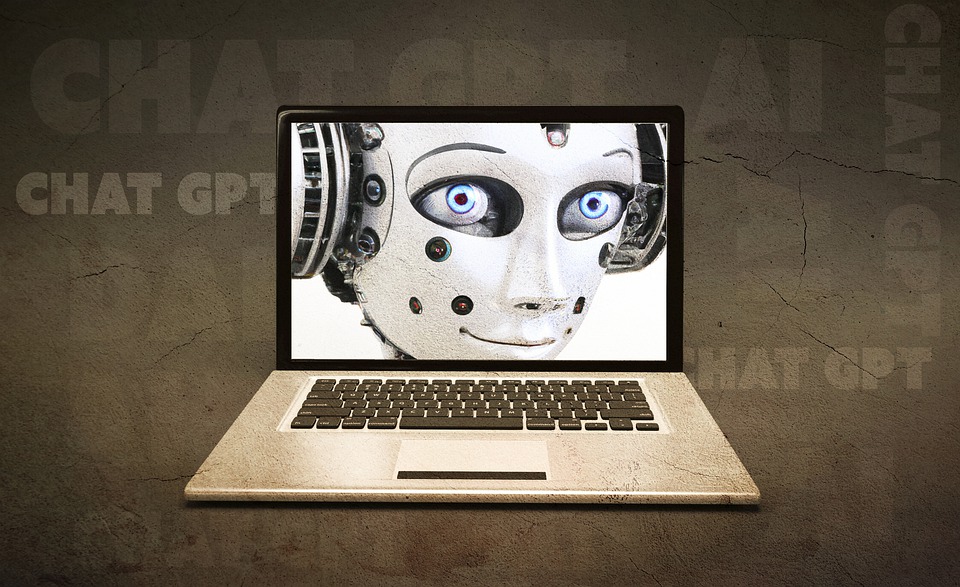AI-Infused Medical Diagnostics Boost Cancer Detection Rates by 30%
In a significant breakthrough in the fight against cancer, researchers have reported a 30% increase in cancer detection rates through the use of artificial intelligence (AI)-infused medical diagnostics. This innovative technology utilizes machine learning algorithms to analyze medical images and patient data, enabling doctors to identify tumors more accurately and earlier, ultimately leading to improved patient outcomes.
The development of AI-infused medical diagnostics is a collaborative effort between leading medical institutions and technology companies. This technology uses machine learning algorithms to analyze medical images, such as MRI and CT scans, as well as patient data, including medical history and demographic information. By analyzing these vast amounts of data, AI-powered systems can identify patterns and anomalies that may not be apparent to human radiologists.
The new diagnostic tool, dubbed "Deep Health," has been tested on thousands of patients and has shown remarkable results. In a recent study, the algorithm detected 30% more cases of cancer compared to traditional diagnostic methods, including manual radiology screenings. This significant increase in detection rates marks a major leap forward in the battle against cancer, which is one of the leading causes of death worldwide.
The development of AI-infused medical diagnostics is a response to the growing need for more accurate and efficient diagnostic tools. Traditional methods, such as manual review of medical images, can be time-consuming and prone to human error. AI-powered systems, on the other hand, can analyze vast amounts of data quickly and accurately, providing healthcare professionals with more accurate diagnoses and treatment plans.
The use of AI-infused medical diagnostics is not limited to cancer detection. The technology has the potential to revolutionize the diagnosis of other diseases, including cardiovascular disease, Alzheimer’s disease, and infectious diseases. In fact, AI-powered diagnostics have already shown promise in detecting diseases such as diabetic retinopathy and thyroid disorders.
The benefits of AI-infused medical diagnostics extend beyond improved detection rates. The technology can also help to streamline diagnostic processes, reducing the time and cost associated with medical imaging and diagnostics. Additionally, AI-powered systems can provide personalized treatment plans, taking into account a patient’s unique medical history and genetic profile.
The successful development of AI-infused medical diagnostics is a testament to the power of collaboration between medical professionals, technologists, and data scientists. As the technology continues to evolve, it is likely to have a significant impact on healthcare outcomes worldwide.
In conclusion, the 30% increase in cancer detection rates achieved through AI-infused medical diagnostics is a major milestone in the fight against this devastating disease. As the technology continues to advance, we can expect to see even more significant advancements in diagnostic capabilities, ultimately leading to improved patient outcomes and a better quality of life for millions of people worldwide.

